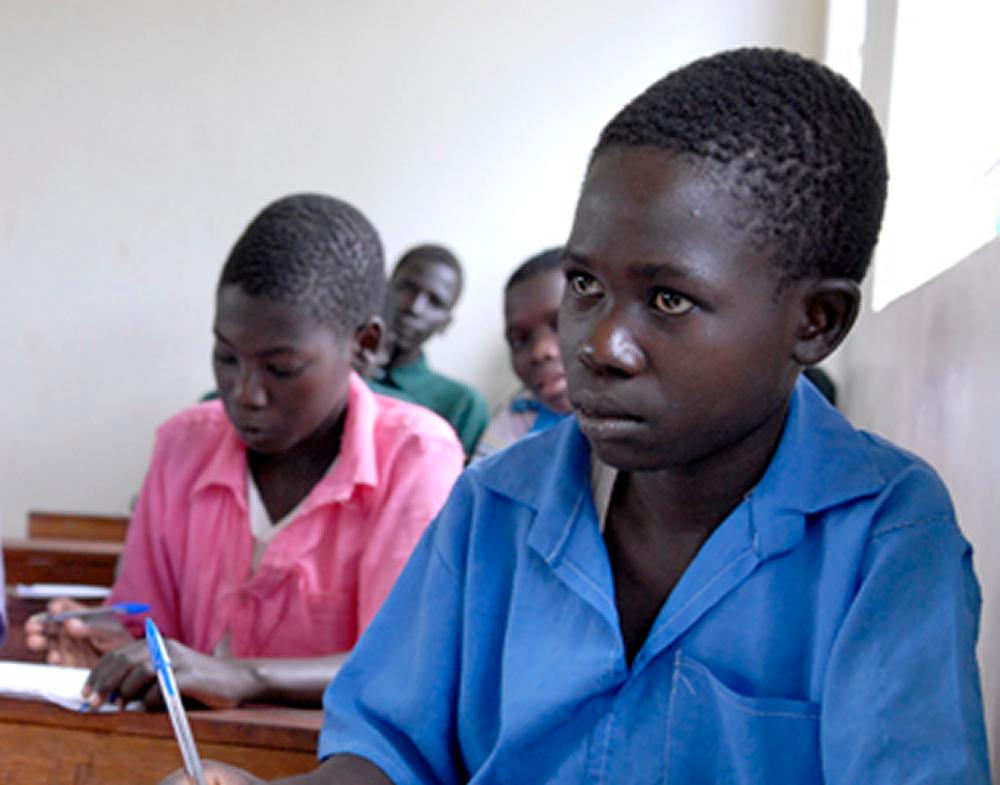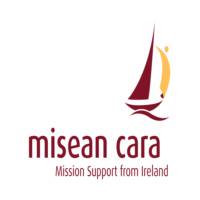
By Ann Marie Foley - 22 January, 2014
At a time of conflict in South Sudan, 77 teachers have gathered from all around the country for an in-service teacher training course. This uptake on training in Yambio indicates people’s determination to continue ordinary life against all odds, and to invest in the long term future of their country.
“There are still a couple on the way… [students] were notified on the radio, and they have had a week to get organised. Two teachers from Torit [in the South-east] arrived after four days on the road, and they were still in good spirits,” said Sr. Margaret Scott, Principal of the Solidarity Teachers’ Training College in Yambio.
She announced the training on radio about a week before the course was due to start so students could prepare for the sometimes dangerous journey to attend class. While it might seem unorthodox to run training during this time of violent conflict, those involved said that the prospect of training gave teachers hope.
Solidarity with South Sudan, which supports the training, is a collaborative effort by religious congregations of priests and nuns to respond to the immense and urgent needs of South Sudan. In politically unstable situations missionaries have a reputation for staying in solidarity with local people after most other international personnel have left.
In the past, students would have to re-locate to Uganda spending years away from their families to acquire the qualifications needed to teach. Instead Solidarity with South Sudan’s teachers’ training colleges in Yambio and Malakal run courses that are certified by the South Sudan Department of Education.
 Misean Cara in Ireland, which allocates funding from Irish Aid to development work, funds this teaching and other Solidarity with South Sudan initiatives as well as projects by other Irish missionary congregations in South Sudan.
Misean Cara in Ireland, which allocates funding from Irish Aid to development work, funds this teaching and other Solidarity with South Sudan initiatives as well as projects by other Irish missionary congregations in South Sudan.
The dispute in Sudan began as a political dispute between President Kiir and his former deputy Riek Machar in December, but since then has escalated into full-scale conflict, with reports of ethnic killings. Both government soldiers and rebels have committed atrocities, according to the UN which is in the process of deploying an extra 5,500 peacekeepers to South Sudan, to bring its forces up to 12,500.
The UN Office for the Coordination of Humanitarian Affairs, situation report on 6th January stated :
Aid to the Church in Need describes Sudan as in the edge of the Middle East near Libya, Egypt, and Saudi Arabia. Sudan is religiously divided between a Sunni Muslim north (70%) and a Christian south (5%, especially in Khartoum), with a significant amount of practitioners of indigenous beliefs (25%).
by Ann Marie Foley